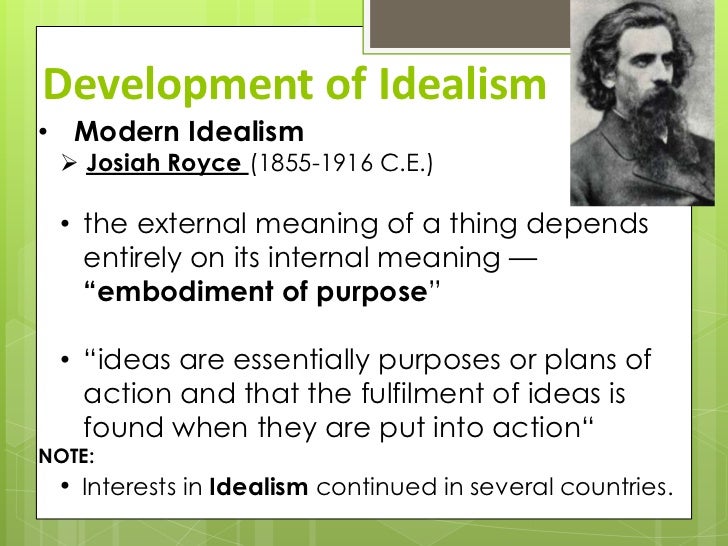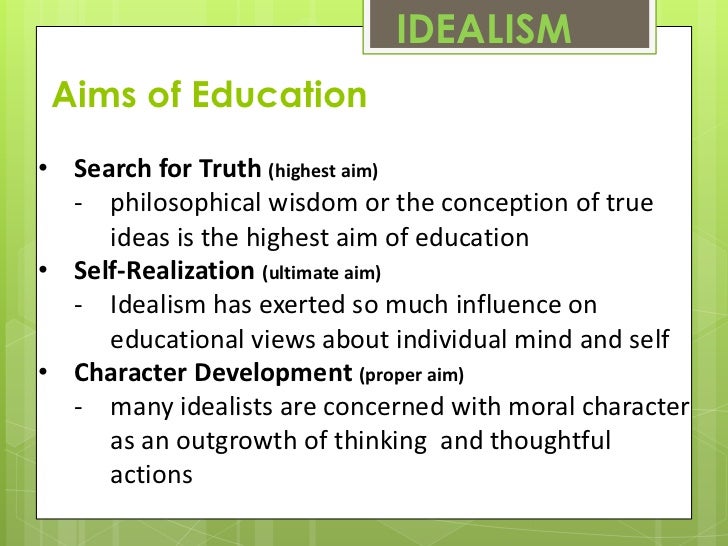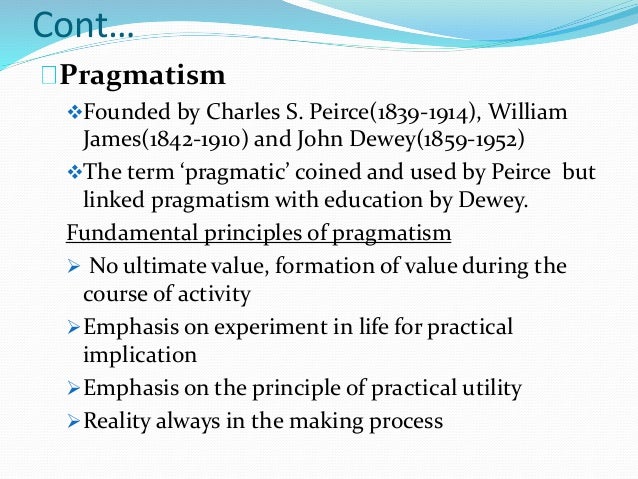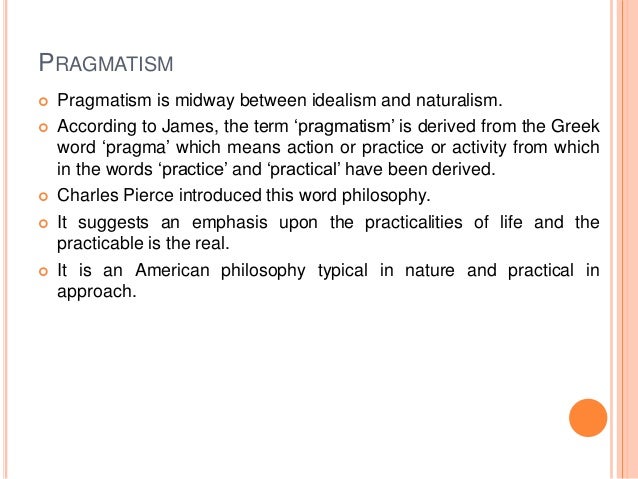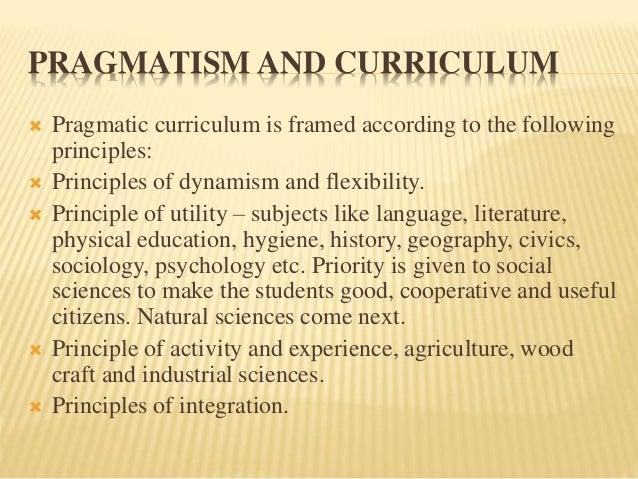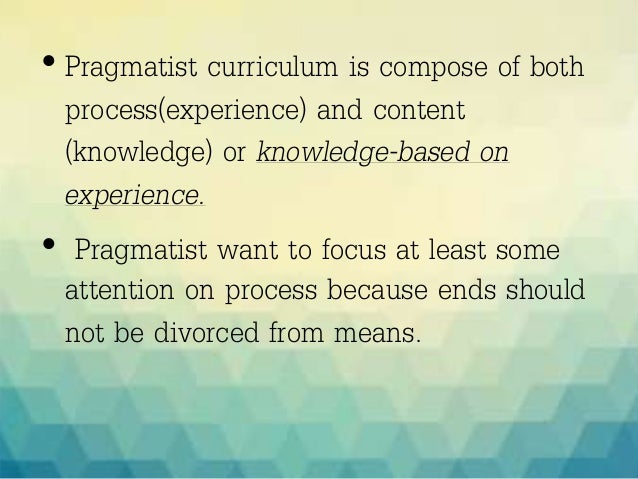Tyler’s view of philosophy in relation to school purpose
Major Philosophy
1) IDEALISM
b) Is the group of philosophies which assert that reality or reality as we can know it, is fundamentally mental, mentally constructed or otherwise immaterial.
c) Truth and values are seen as absolute, timeless and universal.
d) Stress on: importance of learning ideas and concepts.
- Believe in reasoning
- Have confidence in ideas that remain constant through time and place
- Sharing ideas and great works that are universal, as well as long-lived.
Idealism curriculum
- Curriculum is hierarchical.
- Concepts and abstract subjects are the top subjects
- Promotes abstract thinking.
- Language subject is important.
- Addition...
2) REALISM
- Highly recommend the use of scientific investigation and sense in order to learn.
- Focus: Physical world, arguing that reality, knowledge and value exist independent of the mind.
- Realists believe that schools should promote human rationally observation and experimentation.
Realism Curriculum
Example:
Differences between Realism and Idealism
3) PRAGMATISM
- Referred to as experimentalism, based on change, process and relativity.
- Knowledge as a process in which reality is constantly changing
- Nothing can be viewed intelligently except in relation to a pattern
- Focus: idea of change.
Pragmatism Curriculum
- Views teaching as more exploratory than explanatory
- Considers teaching and learning as process of reconstructing experiencing according to scientific method.
- Focus: Problem solving
4) EXISTENTIALISM
- Stressed in individualism and personal self-fulfillment.
- Believe in the importance of personal choice and reflection of knowledge.
- prefer to free learner to choose what to study and determine what is truth.
Existentialism Curriculum

Educational Philosophies
- Perennialism
- Essentialism
- Progressivism
- Reconstructionism




